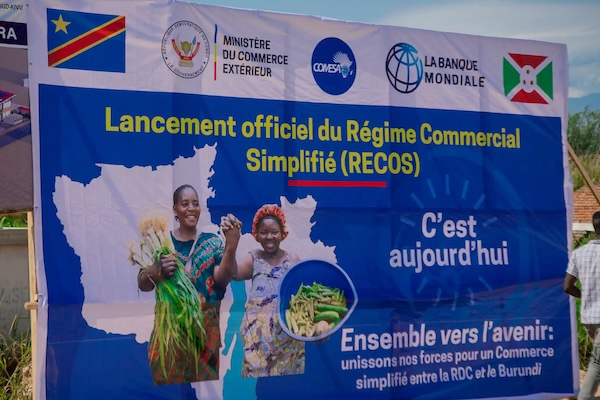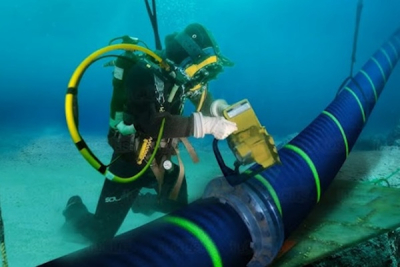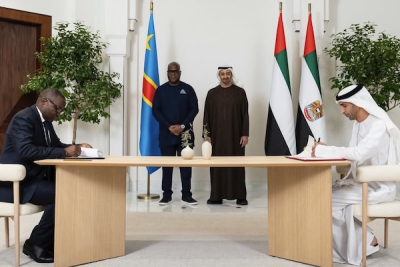The Congolese Control Office (CCO) and the Burundi Bureau of Standards and Quality Control(BBN) signed a memorandum of understanding on August 29, 2025, to implement new sanitary and phytosanitary regulations. The agreement aims to strengthen bilateral cooperation in standardization, quality control, and certification to facilitate trade while protecting consumers. No timeline was provided for the implementation of the new rules.
The partnership includes sharing information on quality assurance, metrology, conformity assessment, and pre- and post-shipment inspection of goods. It also provides for joint capacity-building activities, such as training sessions, workshops, and internships.
In a key step, both countries have agreed to a gradual mutual recognition of conformity certificates. This will allow each nation to accept inspections, tests, and certifications performed by the other. The agreement prioritizes national standards, followed by regional ones from bodies like ARSO, COMESA, and the East African Community (EAC), and finally international standards from organizations like ISO, IEC, and ASTM. The renewable three-year agreement includes an amicable dispute resolution mechanism, with diplomatic channels as a last resort.
This initiative is part of the Great Lakes Trade Facilitation and Integration Project (GLTFIP), which is funded by the World Bank with a total of $250 million. The Democratic Republic of Congo will receive $152 million, Burundi will get $90 million, and the Common Market for Eastern and Southern Africa (COMESA) will receive $8 million. Under the project, four one-stop border posts are planned for the South Kivu province (Kavimvira, Nyamoma, Rubenga, and Kamanyola) to streamline cross-border trade.
This new agreement extends a previous one signed between the DRC and Burundi in March 2022, which covered import duties, taxation, standards, anti-dumping and safeguard measures, fraud prevention, transit facilitation, and cooperation between customs administrations.
Ronsard Luabeya










